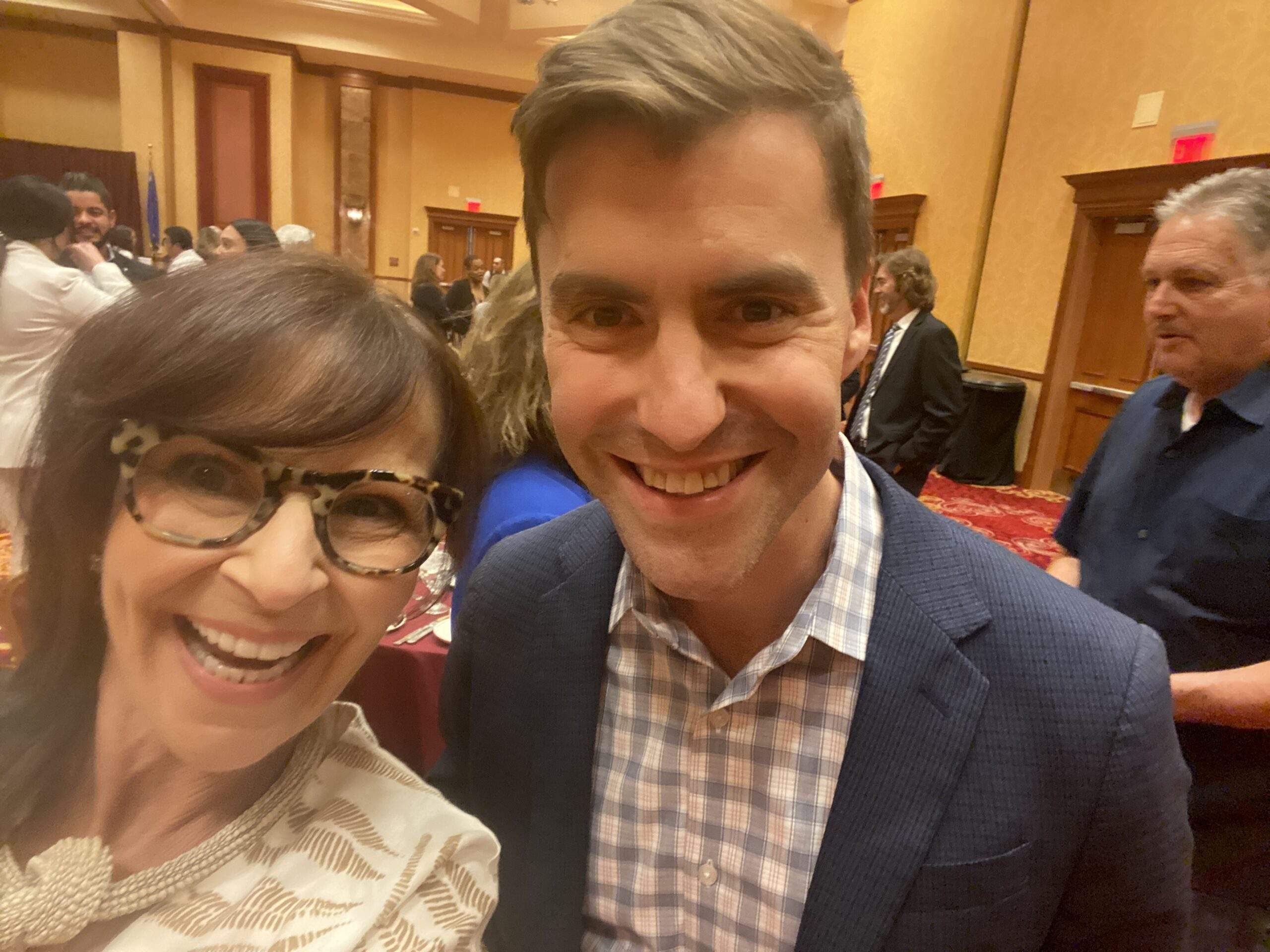I have incredible news for you. Being aware all the time is overrated. Research supports us taking a rest and NOT being so darned aware. What follows is a reprint of an article by Robert Biswas-Diener. As I prepare for my first real vacation in several years, I know I plan to heed the advice.

The virtues of auto-pilot
Have you ever been driving and ended up in the wrong destination because you weren’t thinking about where you were going? Perhaps you intended to head to the store but suddenly found yourself in the parking lot of your children’s school? We often live on “auto-pilot,” taking our minds off-line and allowing mental habits to take over. This is why, when we are at the airport and the ticket agent says “Have a nice flight” we sometimes say “you too,” even though the agent is not flying anywhere. It is a kind of mindlessness that eases the burden of paying attention to every detail all the time.
Recently, there has been much talk about the other side of this coin: mindfulness. Mindfulness is effortful awareness. Rooted in meditation practices mindfulness is the true appreciation of each moment. Ellen Langer, the Harvard University psychologist, claims that Mindfulness is true happiness. The problem is, we cannot and should not be mindful all the time!
A groundbreaking paper on “psychological flexibility” argues that these “default” mental states are an important part of a healthy approach to life. Research is clear: exerting self-control such as refraining from eating a tempting cookie burns glucose in the brain and leads to worse self control and cognitive processing over time. The most psychologically flexible people understand that sometimes they need to exert effortful control but, at other times, they need to fly on auto-pilot to conserve their mental resources. This is not all that different from one of Stephen Covey’s “7 Habits of Highly Effective People.” Covey suggests that a person cannot just use a skill or talent all the time; we all need to take breaks to “sharpen the saw” (rather than just continuing to saw).
In the end, mindfulness is associated with appreciation and happiness, but mindlessness conserves our mental resources to make mindfulness possible. So don’t beat yourself up for occasionally living on “auto-pilot.” Besides, life is more of an adventure if you sometimes end up in the parking lot of your kids’ school rather than your intended destination.
Thank you Robert for granting permission to use this piece.
Thank you to my readers for continuing to join me on our journey on the crooked road of success.
Andrea T. Goeglein, PhD
Dr. Success
1 866 975 3777
http://www.youtube.com/user/ServingSuccess
www.facebook.com/DrSuccessPhD



